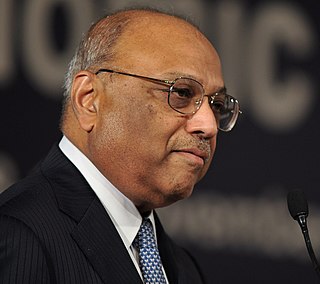A Quote by Marvin Ammori
As each year and debate passes, more broadband companies will start to see that their future lies not in restricting an open Internet but in betting on it.
Related Quotes
People depend on the Open Internet to connect and communicate with each other freely. Voters need it to inform themselves before casting ballots. Without prompt corrective action by the Commission to reclassify broadband, this awful ruling will serve as a sorry memorial to the corporate abrogation of free speech.
Broadband connections allow us to access more robust types of content, services, and applications - video chat versus email, or live streaming versus chat, for example. Yet if we look beyond our own personal use, we can see that broadband Internet access is not merely a convenience: it is a powerful force for social change.
You're a slave in your own country, White Man. Each year you get to keep less of the fruits of your labor; each year it gets more difficult to carry the burden the aliens have placed upon you; each year the cheap labor of aliens makes your future less secure; each year you retreat a few steps more into the world of slavery.
We have to ensure free and open exchange of information. That starts with an open internet. I will take a backseat to no one in my commitment to network neutrality. Because once providers start to privilege some applications or websites over others then the smaller voices get squeezed out and we all lose. The internet is perhaps the most open network in history, and we have to keep it that way.


































